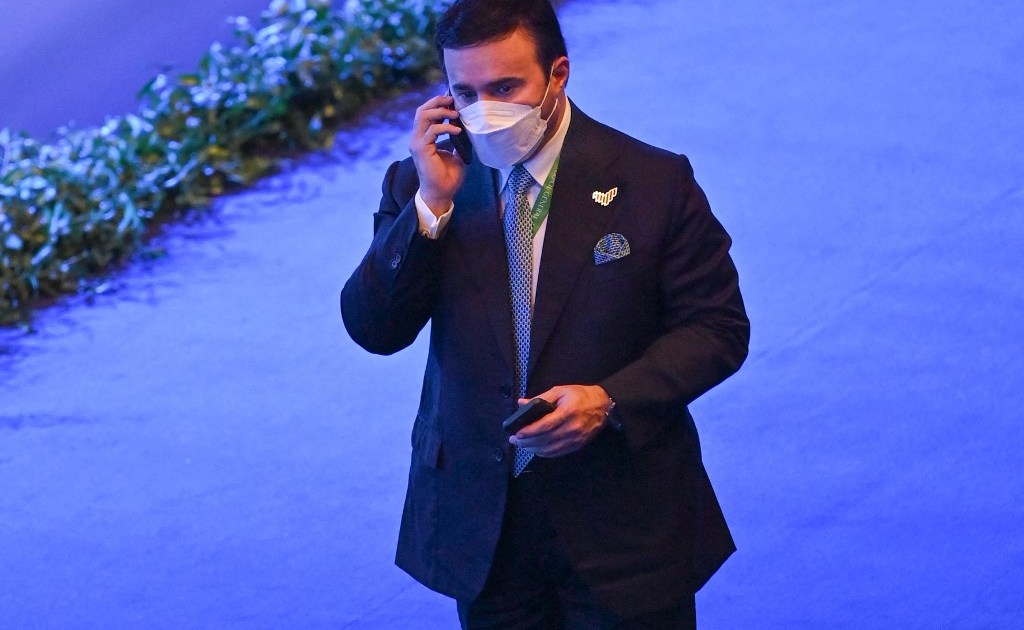Bangladesh turns to ADB, World Bank for funds: Report | Business and Economy News
It is seeking $1bn from each lender as the economy is buffeted by energy price shocks from the Ukraine war.
By Bloomberg
Published On 3 Aug 2022
Bangladesh is seeking assistance from the World Bank and Asian Development Bank amid efforts to bolster its foreign exchange reserves, according to people familiar with the matter.
The government wrote letters to the two lenders seeking $1 billion each from them to help the economy cope with the ripple effects of the war in Ukraine and energy price shocks, said the people, who asked not to be named because the matter is not public yet.
The requests come days after the government sought a loan from the International Monetary Fund, in a move seen as a pre-emptive measure to shore up the country’s foreign exchange reserves amid concerns over contagion risks. South Asian neighbors Sri Lanka and Pakistan are already in talks with the IMF for loans to tide over crises in their respective economies.
“Not only the IMF, but we will also go to the World Bank and the ADB,” Bangladesh Finance Minister AHM Mustafa Kamal said at a media briefing in Dhaka on July 27. Phone calls to Kamal, and Sharifa Khan, secretary of the economic relations division — a government unit that mobilizes external assistance — remained unanswered.
Bangladesh’s foreign exchange reserves slipped to $39.48 billion as of July 27 from $45.7 billion a year earlier. The country’s trade deficit widened to a record $33.3 billion in the fiscal year ended June.
The government and the ADB opened initial discussions on at least four projects, including $250 million in loans for economic recovery from the pandemic, one of the people said.
Another project to help rebuild after floods that devastated the northeastern region is expected to receive as much as $250 million in loans. Discussions are ongoing between the government and the ADB, the person said, without giving more details.
On Wednesday, Kamal told a press conference in Dhaka that the pressure on consumer prices would ease in a month, and the taka would stabilize.
The economy would get back on track “very soon,” he added.




